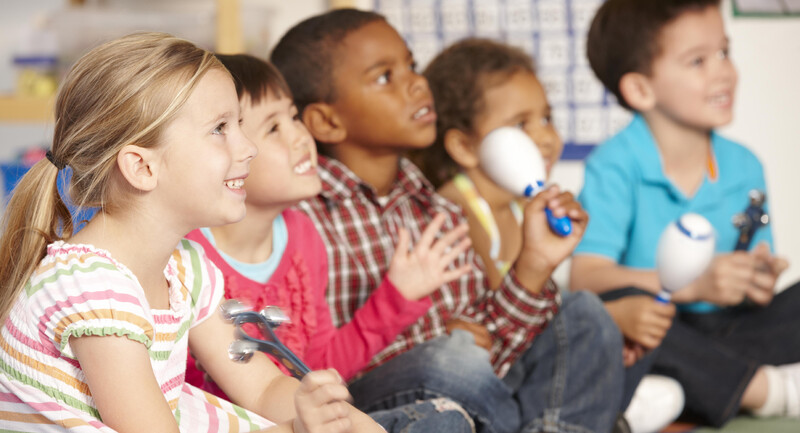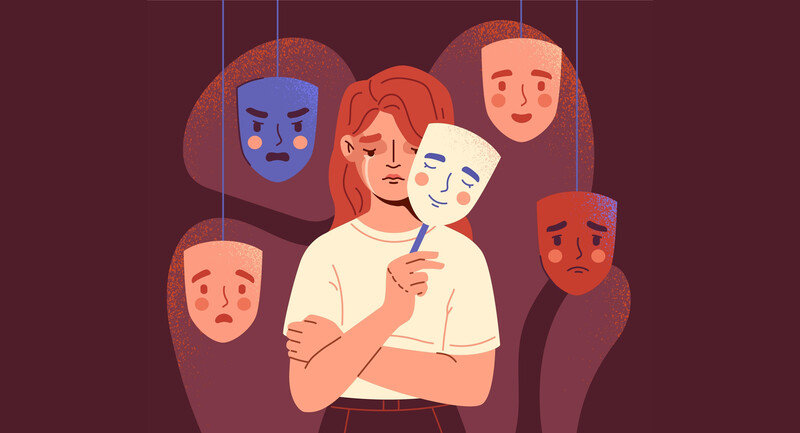May is Mental Health Awareness Month and it is becoming increasingly clear that mental health in schools is an important topic the nation cannot afford to ignore. According to Center for Disease Control and Prevention, one in seven U.S. children aged 2 to 8 years have a diagnosed mental, behavioral, or developmental disorder. The National Institute of Mental Health reports that one in five youths ages 13–18 experiences a serious mental health condition.
If you don’t know where to begin to address mental health in your school, here are a list of resources to help you start the conversation.
1. Mental Health in Schools (Educational Leadership Magazine)
The December 2017/January 2018 issue of ASCD’s flagship publication, Educational Leadership Magazine, is chock full of articles to support mental health for our students. Articles address topics such as teacher training in issues pertaining to mental health and identifying atypical behavior, how to address issues related to emotional health, the valuable resources in the form of school counselors and community health groups and dealing with trauma and anxiety.
This is supplemental piece to the article “Who in Your Class Needs Help?” by August “Sandy” Merz which appeared in the Mental Health in Schools edition of Educational Leadership. In the EL article, August “Sandy” Merz relays how Lucy, a middle school student struggling with depression, led Merz to explore the lack of teacher training in student mental health. In this blog, Lucy, a few years older, offers her insight into how teachers can support students with mental illness.
3. ASCD Express: Supporting Mental Health in Schools (Newsletter)
This special edition of ASCD Express (Vol 13, Issue 10, 1-25-18) takes a closer look at mental health. Be sure to read the four articles which cover stress, personalized mindfulness, childhood trauma, and educator tools, to help you address mental health in your school.
4. Teaching to Strengths: Supporting: Students Living with Trauma, Violence and Chronic Stress (Book)
This 2017 book by Debbie Zacarian, Lourdes Alvarez-Ortiz, and Judie Haynes, uses real-world examples as well as research-based principles to show how to identify assets that students bring to the classroom; connect to students’ experiences through instructional planning and delivery; foster students’ strengths through the use of predictable routines and structured paired and small-group learning experiences; and develop family and community partnerships. Read chapter one for free.
The co-authors of Teaching to Strengths: Supporting: Students Living with Trauma, Violence and Chronic Stress, join host Rachael George, ASCD Emerging Leader, on ASCD Learn Teach Lead Radio to discuss how educators can help trauma-exposed students to succeed.
According to Toby Karten, positive learner traits and healthy emotions are often the foundation to learner achievement, so establishing healthy emotional, social, and behavioral parameters is time after time more important than the content we deliver. Toby Karten is the author of Building on the Strengths of Students With Special Needs: How to Move Beyond Disability Labels in the Classroom.
This book will help you cultivate a trauma-sensitive learning environment for students across all content areas, grade levels, and educational settings. Let this award-winning book by Kristin Souers and Pete Hall be your guide to seeking solutions rather than dwelling on problems, to building relationships that allow students to grow, thrive, and learn at high levels. Each chapter also includes questions and exercises to encourage reflection and extension of the ideas in this book. Read chapter one for free.
On this episode of ASCD Learn Teach Lead Radio, Pete Hall and Kristin Souers, authors of Fostering Resilient Learners, discuss the factors that prevent students from being ready to learn, and strategies for getting kids back to a learning-ready state. Hosted by ASCD Emerging Leader Dafina Westbrook.
Children routinely conclude it is best not to try when there exists any possibility of mockery, not measuring up, or messing up the status quo (no matter how low a bar some students may have set for themselves). This blog by educator Robert Ward addresses how fear of ridicule, rejection, and reversal of fortune holds students back.
10. CDC: Children’s Mental Health (Website)
Mental health in childhood means reaching developmental and emotional milestones, learning healthy social skills, and how to cope when there are problems. Whether you want a basic overview or want to get into the nitty gritty with data and metrics about the state of children’s mental health in the U.S., the CDC has you covered.
11. The Mental Health Crisis in our Schools (NPR Special Series)
The 2016 special series from NPR deep dives into mental health in schools with a compilation of articles, interviews, and other features that cannot be missed.
12. Psychology in the Schools (Journal)
This bimonthly peer-reviewed publication focuses on the issues confronting school psychologists, teachers, counselors, administrators, and other personnel workers in schools and colleges. If you’re looking for academic research on mental health in schools, look no further.








